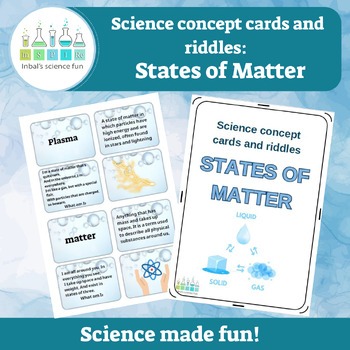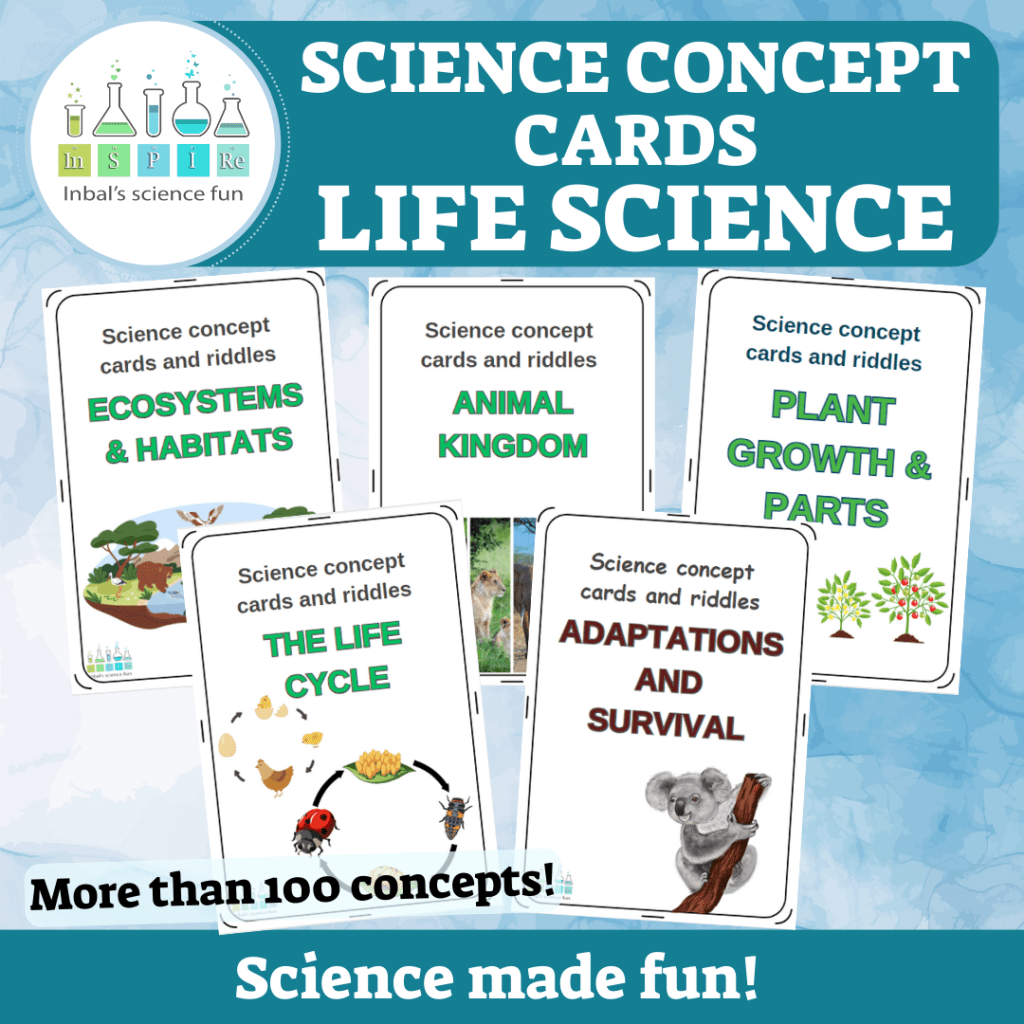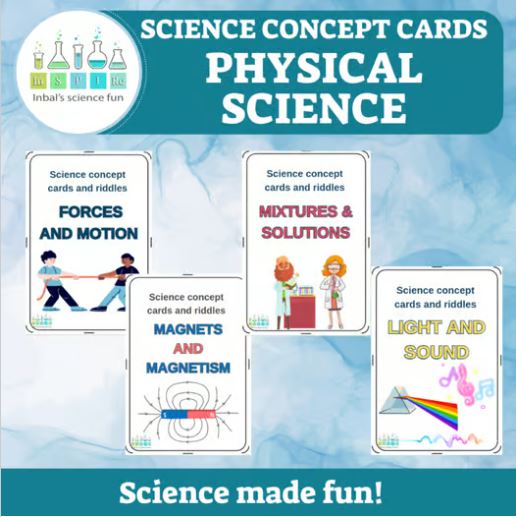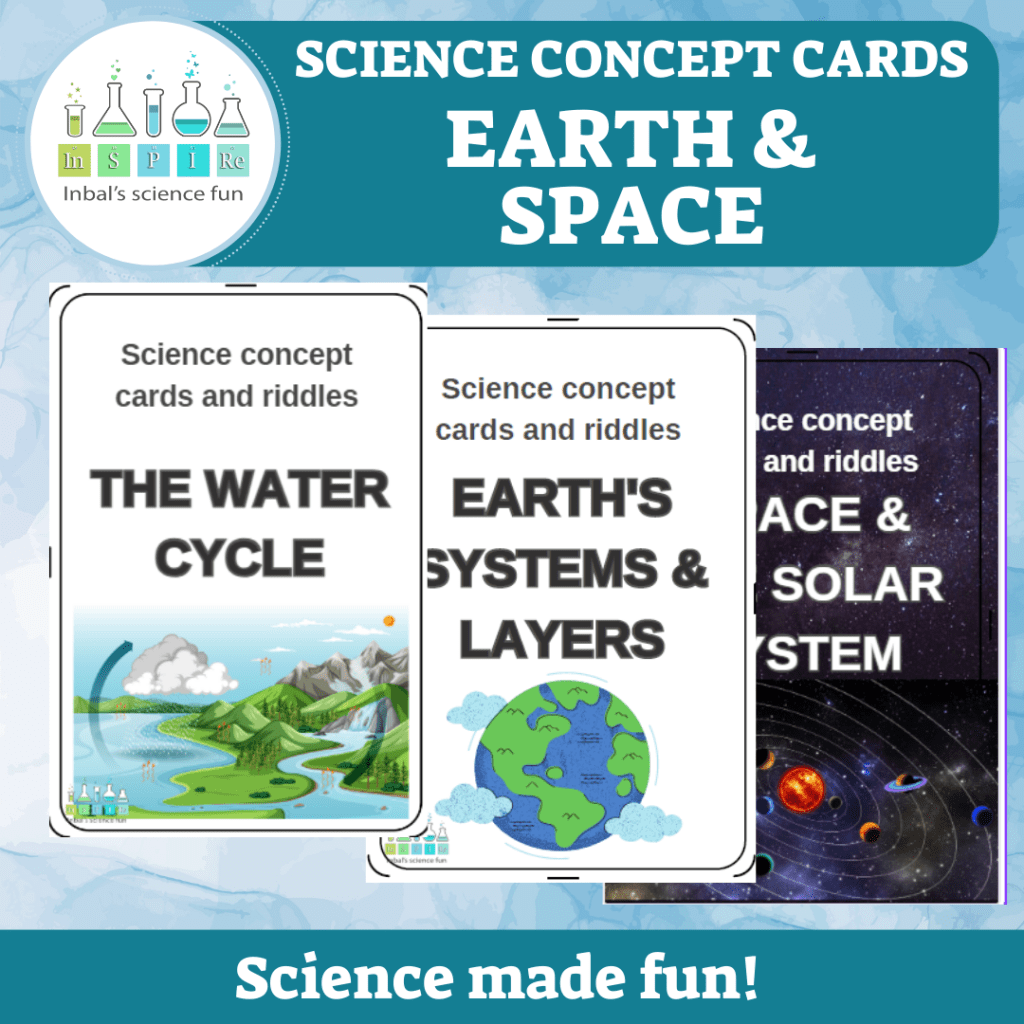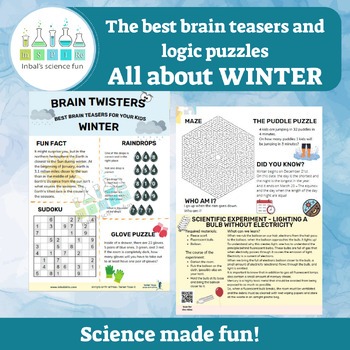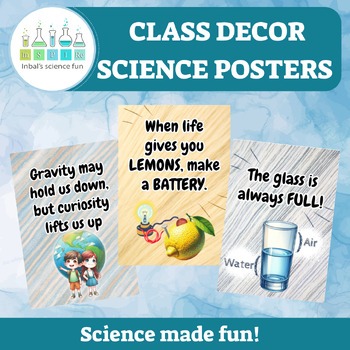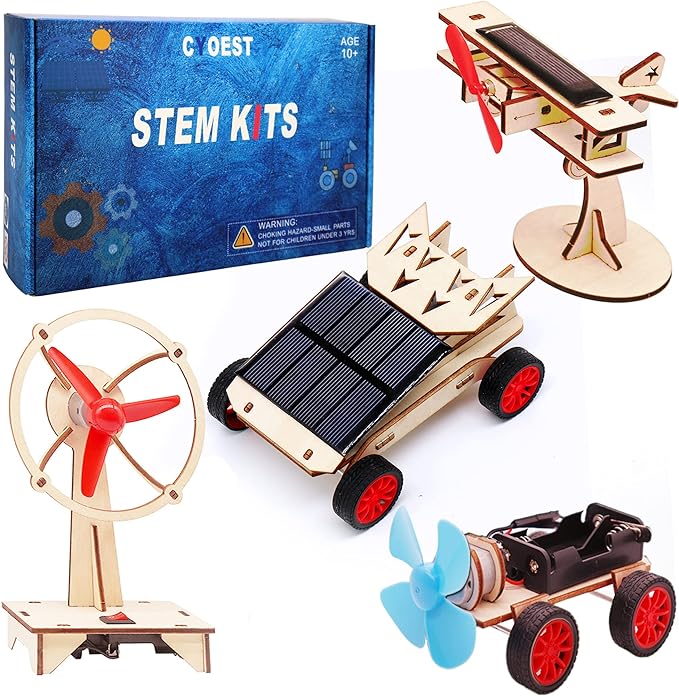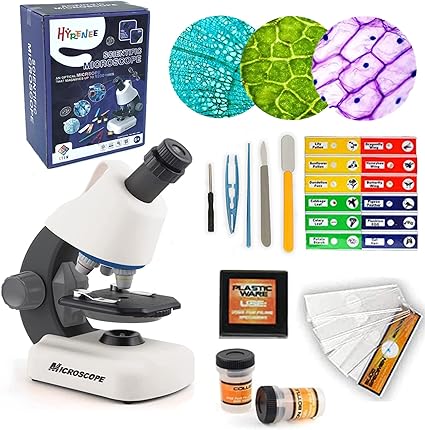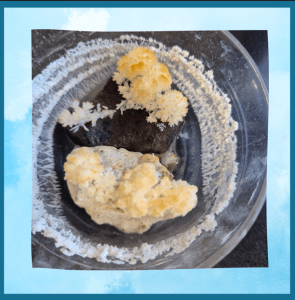Level Up Your Science Lessons with Vocabulary Concept Cards
Are you struggling to make science vocabulary words stick with your students? Look no further than the engaging and interactive approach of using concept cards, riddles, and pictures. This multisensory method taps into different learning styles, making it an effective way to teach science terminology that students will truly understand and retain.

What Are Concept Cards?
Concept cards are simple yet powerful learning tools. Essentially, they are cards that feature a key science vocabulary word and a corresponding image, definition, or riddle.
The visual and contextual clues provided by the cards help cement the meaning of each term in students’ minds.




The Benefits of Using Concept Cards
Incorporating concept cards into your science lessons offers numerous advantages:
Visual Learning
Many students are visual learners, so pairing words with relevant images can significantly boost comprehension and memory retention. The pictures act as anchors, helping students form strong associations between the terms and their meanings.
Active Engagement
Unlike passive methods like rote memorization, concept cards promote active learning. Students must think critically to decipher the clues and solve the riddles, keeping them engaged throughout the process.
Multisensory Approach
By combining visual, auditory, and kinesthetic elements, concept cards cater to various learning styles, increasing the likelihood of reaching every student in your class.
Creating Concept Cards with Riddles and Pictures
To create your own set of engaging concept cards, follow these simple steps:
Identify Key Vocabulary
Start by compiling a list of essential science vocabulary words that your students need to learn. Prioritize terms that are particularly challenging or central to the unit you’re teaching.
Find or Create Visuals
For each word, search for a relevant image that clearly represents its meaning. These visuals can be photographs, illustrations, diagrams, or even simple sketches.
Write Riddles
Craft riddles that describe the vocabulary words without explicitly naming them. These clues should be challenging enough to promote critical thinking but not so obscure that they frustrate students. You can use AI tools like Chat Gpt for help
Assemble the Cards
Print or write the vocabulary words on one side of the cards and the corresponding images, definitions, or riddles on the reverse or on different cards.




Using Concept Cards in the Classroom
Once you have your concept cards ready, there are numerous ways to incorporate them into your science lessons. They are incredibly versatile and can be used to meet different instructional goals:
Introduce New Vocabulary
When starting a new unit or topic, distribute the concept cards and have students work in pairs or small groups to decipher the words, definitions, and visuals. This approach activates prior knowledge and sets the stage for deeper exploration of the subject matter.
Reinforce Learning
After initially introducing new vocabulary, continue using the concept cards throughout the unit to reinforce understanding. Display a card and ask students to explain the term, describe the image, or provide real-world examples. This ongoing practice solidifies their grasp of the scientific terminology.
Encourage Independent Learning
Provide students with a set of concept cards and encourage them to use the cards for self-study and review. The cards can be used for independent practice, homework assignments, or as study aids for quizzes and tests.
Matching Game
Separate the word and clue/image sides of the cards, shuffle them, and have students match the pairs. This interactive game reinforces vocabulary while encouraging collaboration and friendly competition.
Go Fish
Adapt the classic card game “Go Fish” by using the concept cards. Students ask each other for specific cards (e.g., “Do you have the card with the definition of ‘photosynthesis’?”) to collect matching sets.
Memory Game
Arrange the concept cards face down and have students take turns flipping over two cards at a time, trying to find matching word-clue/image pairs. This game challenges students’ memory skills while reinforcing their vocabulary knowledge.
Charades
Have students act out the clues or riddles on the concept cards, and have their classmates guess the corresponding vocabulary word. This activity adds a fun, kinesthetic element to vocabulary learning.
Pictionary
Similar to charades, students can draw representations of the vocabulary words or clues on a whiteboard or paper, and their classmates must guess the correct term.
Vocabulary Review
Use concept cards as review tools, either individually or in small groups. Students can take turns flipping the cards and identifying the words, reinforcing their understanding.
By incorporating concept cards with visuals and riddles into your science lessons, you’ll not only make vocabulary acquisition more enjoyable for your students but also increase their retention and understanding of key scientific terms. Embrace this multisensory approach and watch as your students’ science vocabulary knowledge soars to new heights.


